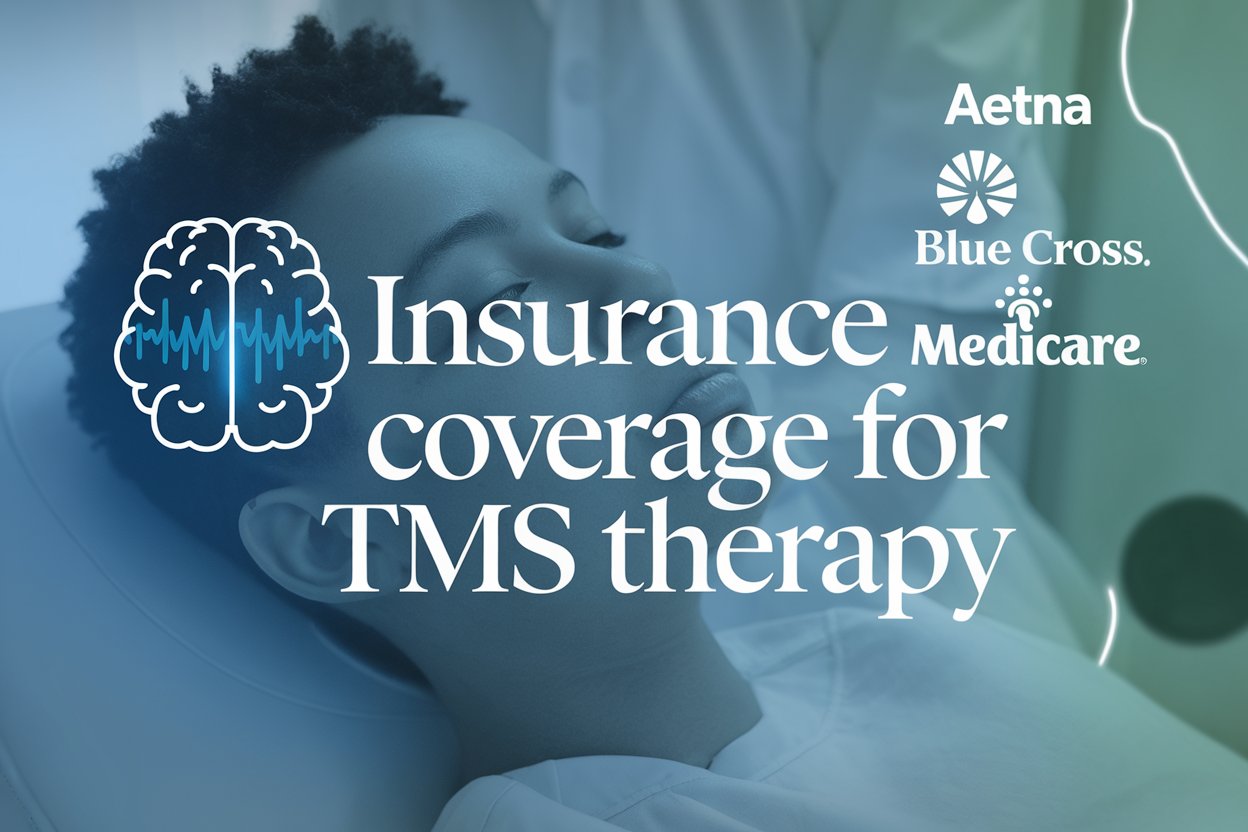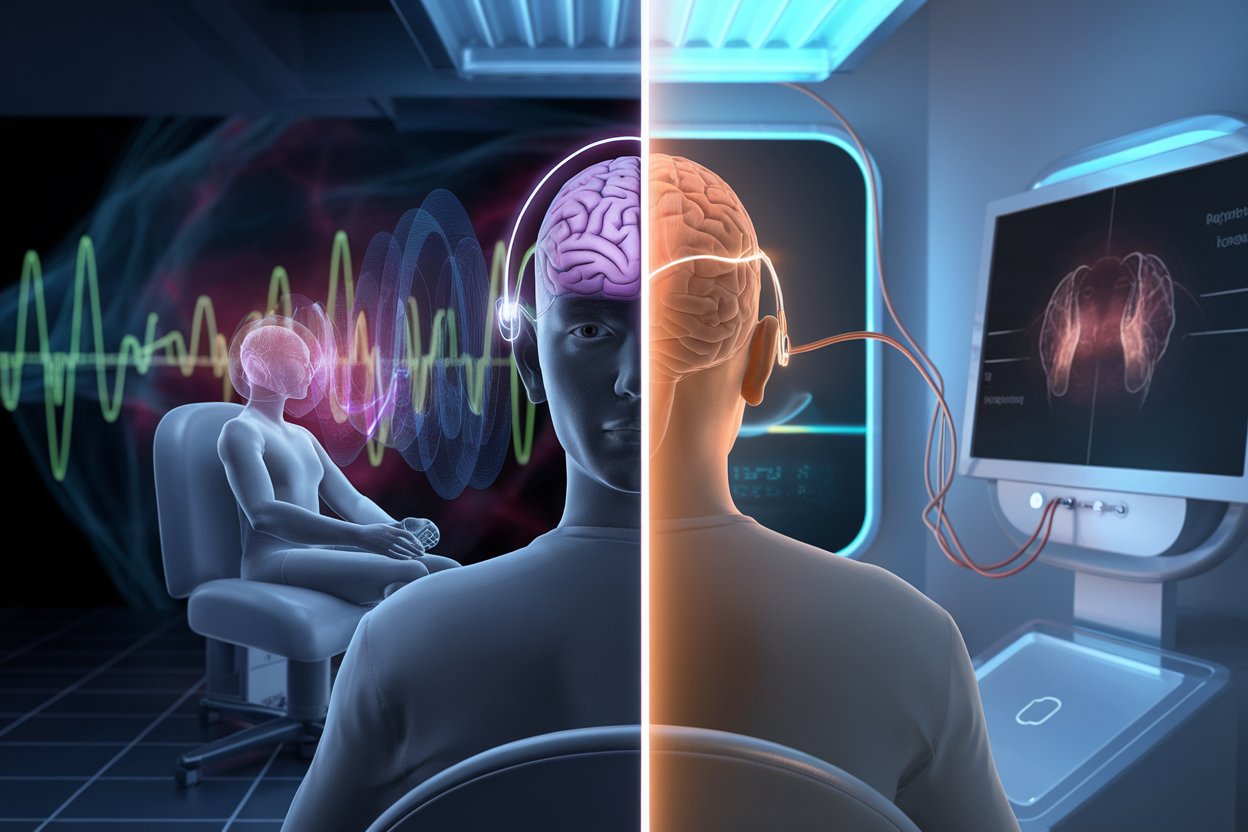Are you seeking alternative ways to manage major depression without relying on medication? Many individuals are turning to non-medical treatments that offer relief without the side effects commonly associated with pharmaceuticals. This article will explore a variety of effective strategies for major depression treatment without medication, including Transcranial Magnetic Stimulation (TMS), cognitive behavioral therapy, mindfulness, and more. These approaches not only help alleviate symptoms but also empower you to take control of your mental health in a holistic way.
What is Major Depression?
Major depression is a serious medical condition that affects how you feel, think, and handle daily activities. It can cause persistent sadness and a lack of interest in life. While many people use medication to manage their symptoms, others look for non-medication treatments for various reasons, including side effects or personal preferences.
Effective Major Depression Treatments Without Medication
Transcranial Magnetic Stimulation (TMS)
One of the most promising treatments for major depression without using medication is Transcranial Magnetic Stimulation (TMS). TMS therapy involves using magnetic fields to stimulate nerve cells in the brain. It’s a non-invasive procedure that targets the areas of the brain affected by depression. Many patients find relief from their symptoms after undergoing TMS therapy, especially if other treatments haven’t worked for them.
Cognitive Behavioral Therapy (CBT)
CBT is a type of talk therapy that helps people manage their depression by changing negative patterns of thought and behavior into more positive ones. CBT helps individuals challenge their distorted perceptions of reality and increase their engagement in enjoyable activities.
Mindfulness and Meditation
Practicing mindfulness involves being fully present in the moment and becoming more aware of your thoughts and feelings without judgment. Meditation can help reduce stress and improve concentration, which significantly benefits those struggling with depression.
Regular Exercise
Physical activity is highly beneficial for managing depression. It releases endorphins, which are chemicals in the brain that act as natural painkillers and mood lifters. Regular exercise can also help normalize sleep patterns, which can significantly improve mood.
Counseling and Behavioral Therapy
Talking to a professional counselor or engaging in behavioral therapy can provide support and help you develop strategies to cope with depression. These therapies can help you understand the underlying causes of your depression and develop new ways to cope with stress and anxiety.
Avoiding Alcohol
Alcohol can worsen depression symptoms and interfere with the effectiveness of treatment strategies. Staying away from alcohol can help improve your overall mental health.
Frequently Asked Questions
What is TMS therapy?
TMS therapy uses magnetic fields to stimulate areas of the brain involved in mood control and depression. It’s a safe and effective treatment for those who haven’t benefited from traditional approaches.
Can exercise really help with major depression?
Yes, regular physical activity can boost mood, improve sleep, and reduce anxiety. Even short daily walks can make a significant difference.
What are the benefits of mindfulness in treating depression?
Mindfulness helps decrease stress and improve emotional regulation by focusing your awareness on the present moment, which can reduce depressive symptoms.
Is it necessary to avoid alcohol during depression treatment?
Yes, alcohol can negatively affect your mood and interfere with your sleep, making depression harder to treat. Avoiding alcohol can significantly benefit your depression management.
Ready to Try Major Depression Treatment Without Medication in Phoenix Arizona?
If you’re struggling with major depression and looking for non-medication treatment options, consider reaching out to American TMS Clinics. We offer a free egg and psychiatric evaluation to see if TMS therapy can help for qualified individuals. Don’t wait to start your journey toward better mental health.





